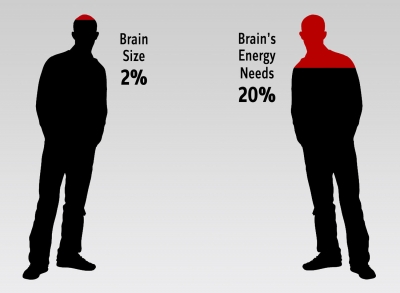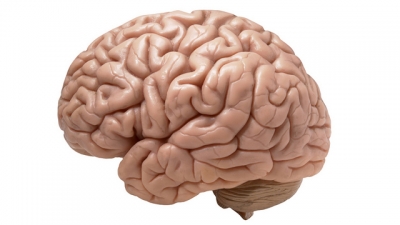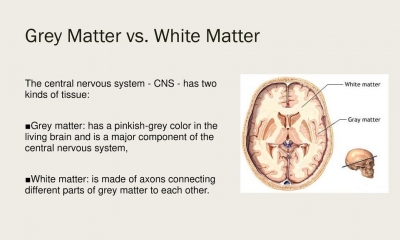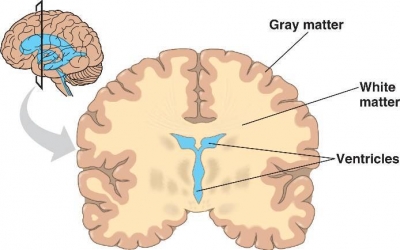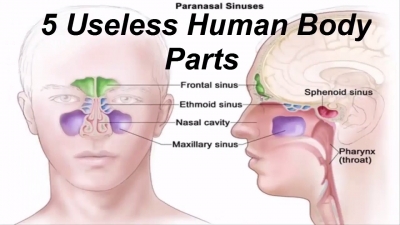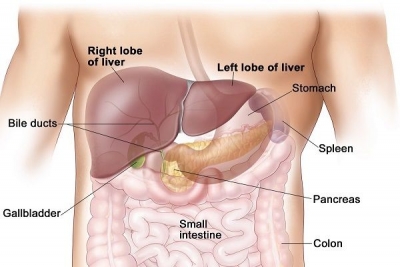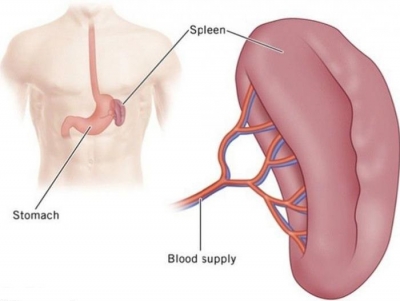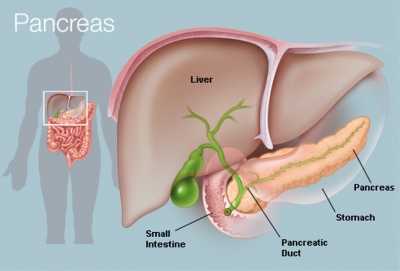What protects my brain from injury?
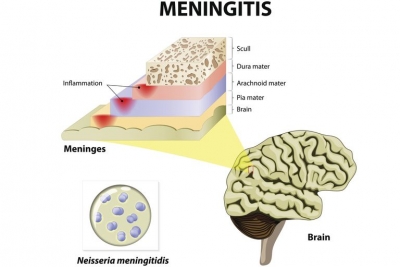
Your brain is a delicate organ that needs all the protection it can get. That thick skull of yours is its first line of defence (being boneheaded is a good thing!), followed by three sturdy membranes called meningitis. Fluid files the gaps between these membranes, cushioning the brain from impacts. A special ‘’blood – brain barrier ‘’made of special cells acts like a security perimeter in the brain’s circulatory system, and keeps out anything that might contaminate your sensitive network of neurons.
Picture Credit : Google
